FM: Kosovo can participate only as non-state actor
Serbian FM Vuk Jeremić has said that the Belgrade-Priština agreement on regional representation allows Kosovo to participate only as a non-state actor.
Thursday, 14.06.2012.
18:10

Serbian FM Vuk Jeremic has said that the Belgrade-Pristina agreement on regional representation allows Kosovo to participate only as a non-state actor. Jeremic was addressing a meeting of foreign ministers of the South-East Europe Cooperation Process (SEECP) in Belgrade when he made the statement. FM: Kosovo can participate only as non-state actor "I want to be clear on this point: wherever there is a Republic of Serbia, there cannot be a 'Republic of Kosovo.' Not in the SEECP-and not in the Council of Europe, the OSCE and any institution or agency in the UN system," Jeremic said opening a meeting of this regional initiative currently chaired by Serbia. Jeremic evaluated that the Regional Cooperation Council (RCC) is the appropriate regional fora within which the voice of the ethnic-Albanian authorities of the southern province of Kosovo and Metohija can be heard. "This is in line with the agreement on regional representation reached within the framework of the EU-facilitated technical dialogue. It allows Pristina to participate as a non-state actor in RCC meetings. The status-neutral agreement, which accords with UN Security resolution 1244 (1999), does not extend to multilateral fora in which membership is reserved for sovereign states, such as the SEECP," Jeremic underlined. Noting that this year marks the hundredth anniversary of the First Balkan War, Jeremic said that the unifying slogan 'From Balkan Wars to Balkan Peace' has been made for regional activities, which aptly encapsulates what SEECP seeks to bring to completion: the full transformation and modernization of our respective societies. "Such an accomplishment will close the door for good on an era that ultimately delivered less than the promise it made to each of the nations that share our geography," he said. The meeting is attended by the foreign ministers of Bosnia-Herzegovina Zlatko Lagumdzija, Montenegro Milan Rocen, Romania Andrei Marga, Macedonia Nikola Poposki, Turkish Deputy Prime Minister Ali Babacan. Also attending are the deputy foreign ministers of Albania and Moldova, Selim Belortaja and Andrei Popov, respectively, State Secretary at the Slovenian Foreign Ministry Bozo Cerar, Assistant Minister of Foreign Affairs of Croatia Nebojsa Koharovic, Director of the Bulgarian Directorate for Coordination of EU Affairs Russi Ivanov and Greek Ambassador to Serbia Dimostenis Stoidis. "The countries represented in this chamber have worked very hard to deepen bilateral and multilateral relations. Strengthening comprehensive ties has been and remains a strategic priority for each of us-all the more so in these times of political and economic uncertainty. Nonetheless, peace, security and prosperity have yet to be fully consolidated in Southeast Europe," Jeremic underlined. "Deepening the institutional dialogue between the SEECP and the European Commission, as well as other branches of the Union's governance structure, was also a priority of the Serbian chairmanship," he said. "The EU-like the OSCE-is a valued member of the Regional Cooperation Council, which is the SEECP's implementing arm...We expect that the forthcoming election of a new RCC Secretary General-my dear friend and colleague Goran Svilanovic - will inject a new dynamism into, and instill closer cooperation between, the RCC and the SEECP," Jeremic said. Minister Jeremic recalled that in 2011, Serbia successfully presided over a number of regional initiatives, such as the Central European Initiative, the Adriatic-Ionian Initiative, and the SEECP. Jeremic pointed to the establishment of a coordinated approach in the fight against organized crime and terrorism, the development of a cohesive strategy to enhance environmental security and promoting cultural cooperation as Serbia's chairmanship priorities. "We believe the cultural dimension is an integral part of completing the process of reconciliation, as is resolving the refugee issue. Serbia will continue to play an active role in strengthening Southeast Europe's links with UNESCO, as a term-member of its World Heritage Committee," Jeremic said. "During our chairmanship, concrete steps were taken in forging a new consensus on how to fully protect the rights of refugees in the Balkans. Last November, Belgrade played host to a Review Ministerial Conference, which produced a groundbreaking Joint Declaration. It reaffirmed the political will of all the stakeholders to continue working on a comprehensive regional solution to all outstanding refugee problems," he underlined. "One of the most important issues raised during our chairmanship was how to institutionally strengthen our Organization, by providing it with the necessary tools to more effectively meet contemporary regional challenges," Jeremic said. (Tanjug) Tanjug
FM: Kosovo can participate only as non-state actor
"I want to be clear on this point: wherever there is a Republic of Serbia, there cannot be a 'Republic of Kosovo.' Not in the SEECP-and not in the Council of Europe, the OSCE and any institution or agency in the UN system," Jeremić said opening a meeting of this regional initiative currently chaired by Serbia.Jeremić evaluated that the Regional Cooperation Council (RCC) is the appropriate regional fora within which the voice of the ethnic-Albanian authorities of the southern province of Kosovo and Metohija can be heard.
"This is in line with the agreement on regional representation reached within the framework of the EU-facilitated technical dialogue. It allows Pristina to participate as a non-state actor in RCC meetings. The status-neutral agreement, which accords with UN Security resolution 1244 (1999), does not extend to multilateral fora in which membership is reserved for sovereign states, such as the SEECP," Jeremić underlined.
Noting that this year marks the hundredth anniversary of the First Balkan War, Jeremić said that the unifying slogan 'From Balkan Wars to Balkan Peace' has been made for regional activities, which aptly encapsulates what SEECP seeks to bring to completion: the full transformation and modernization of our respective societies.
"Such an accomplishment will close the door for good on an era that ultimately delivered less than the promise it made to each of the nations that share our geography," he said.
The meeting is attended by the foreign ministers of Bosnia-Herzegovina Zlatko Lagumdzija, Montenegro Milan Rocen, Romania Andrei Marga, Macedonia Nikola Poposki, Turkish Deputy Prime Minister Ali Babacan.
Also attending are the deputy foreign ministers of Albania and Moldova, Selim Belortaja and Andrei Popov, respectively, State Secretary at the Slovenian Foreign Ministry Bozo Cerar, Assistant Minister of Foreign Affairs of Croatia Nebojsa Koharovic, Director of the Bulgarian Directorate for Coordination of EU Affairs Russi Ivanov and Greek Ambassador to Serbia Dimostenis Stoidis.
"The countries represented in this chamber have worked very hard to deepen bilateral and multilateral relations. Strengthening comprehensive ties has been and remains a strategic priority for each of us-all the more so in these times of political and economic uncertainty. Nonetheless, peace, security and prosperity have yet to be fully consolidated in Southeast Europe," Jeremić underlined.
"Deepening the institutional dialogue between the SEECP and the European Commission, as well as other branches of the Union's governance structure, was also a priority of the Serbian chairmanship," he said.
"The EU-like the OSCE-is a valued member of the Regional Cooperation Council, which is the SEECP's implementing arm...We expect that the forthcoming election of a new RCC Secretary General-my dear friend and colleague Goran Svilanović - will inject a new dynamism into, and instill closer cooperation between, the RCC and the SEECP," Jeremić said.
Minister Jeremić recalled that in 2011, Serbia successfully presided over a number of regional initiatives, such as the Central European Initiative, the Adriatic-Ionian Initiative, and the SEECP.
Jeremić pointed to the establishment of a coordinated approach in the fight against organized crime and terrorism, the development of a cohesive strategy to enhance environmental security and promoting cultural cooperation as Serbia's chairmanship priorities.
"We believe the cultural dimension is an integral part of completing the process of reconciliation, as is resolving the refugee issue. Serbia will continue to play an active role in strengthening Southeast Europe's links with UNESCO, as a term-member of its World Heritage Committee," Jeremić said.
"During our chairmanship, concrete steps were taken in forging a new consensus on how to fully protect the rights of refugees in the Balkans. Last November, Belgrade played host to a Review Ministerial Conference, which produced a groundbreaking Joint Declaration. It reaffirmed the political will of all the stakeholders to continue working on a comprehensive regional solution to all outstanding refugee problems," he underlined.
"One of the most important issues raised during our chairmanship was how to institutionally strengthen our Organization, by providing it with the necessary tools to more effectively meet contemporary regional challenges," Jeremić said.











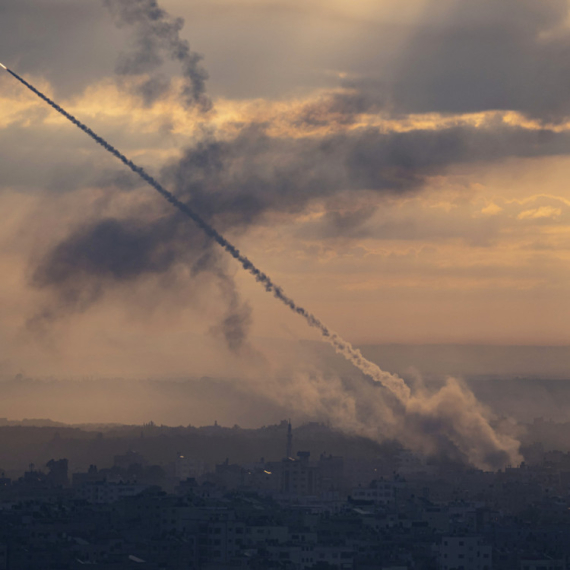


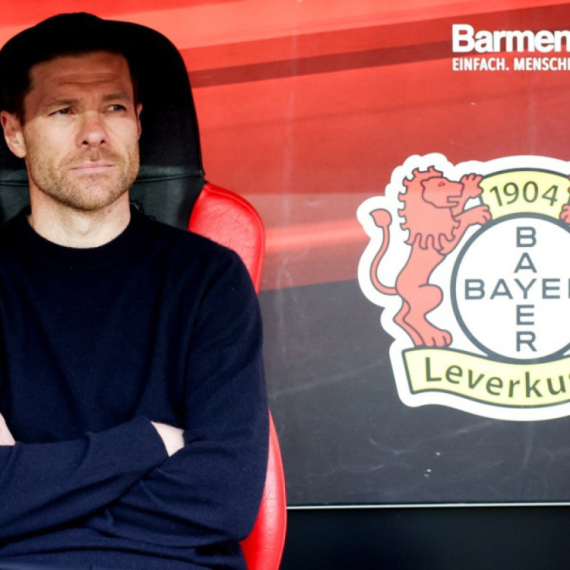

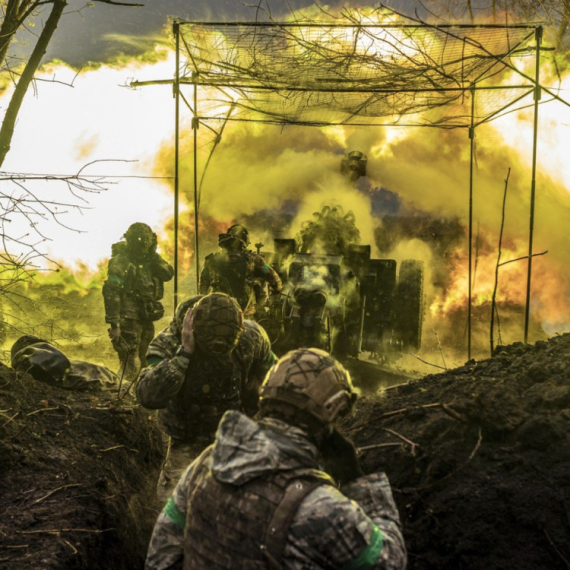
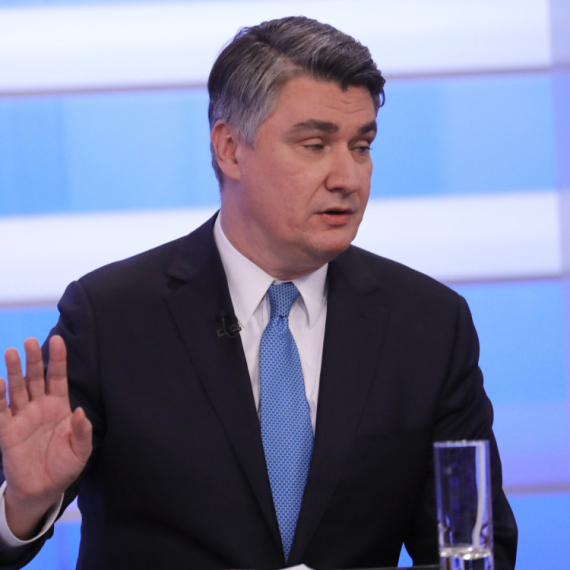

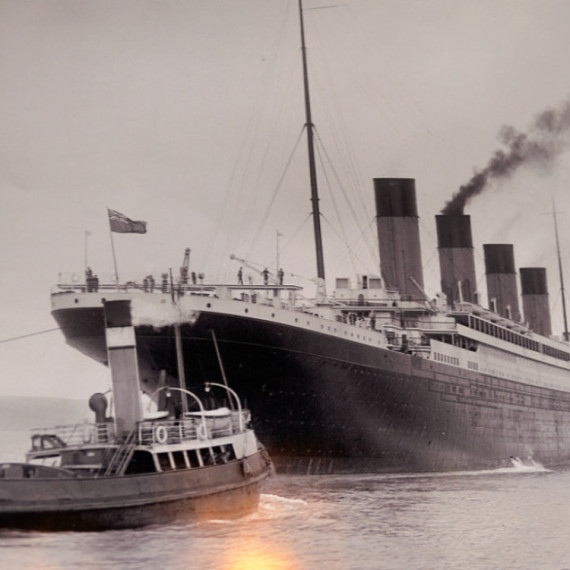
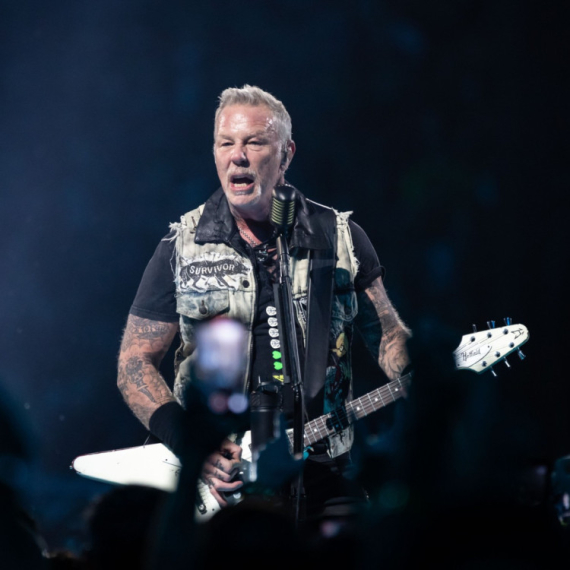
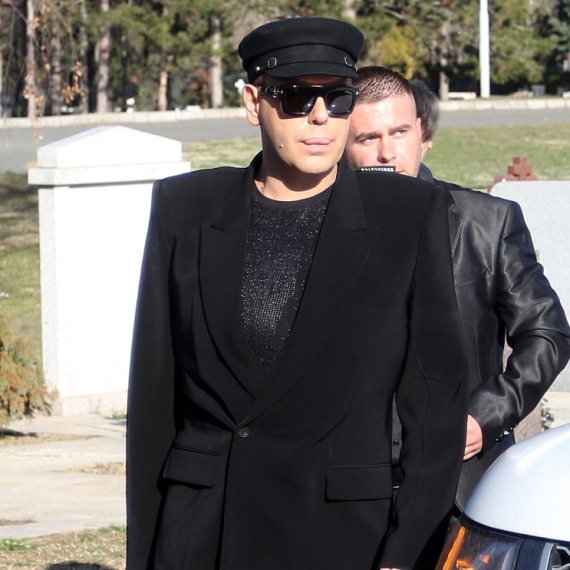


































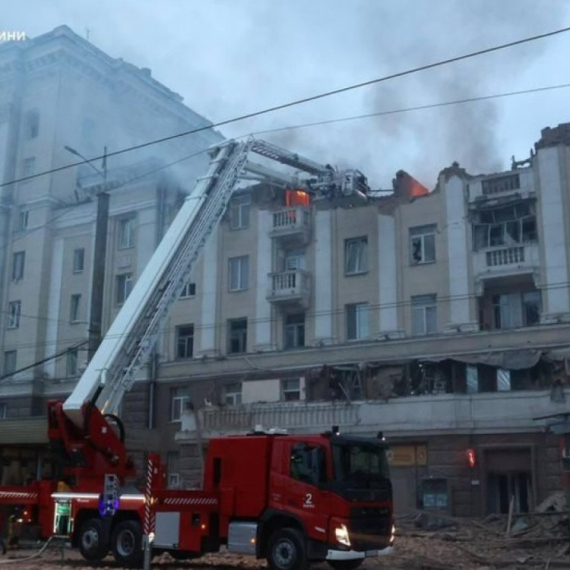
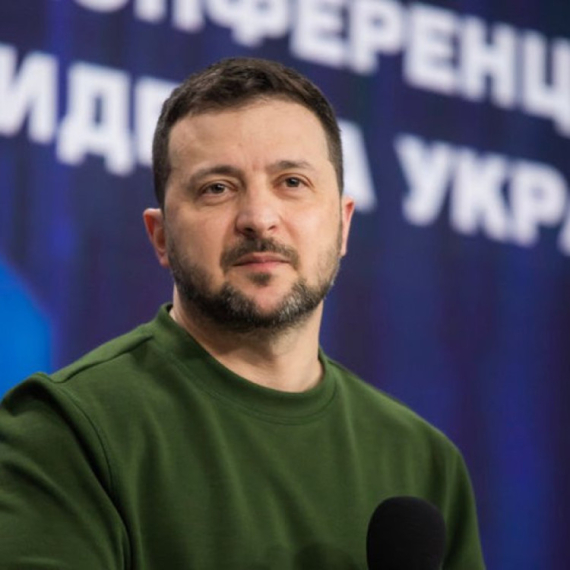

Komentari 14
Pogledaj komentare